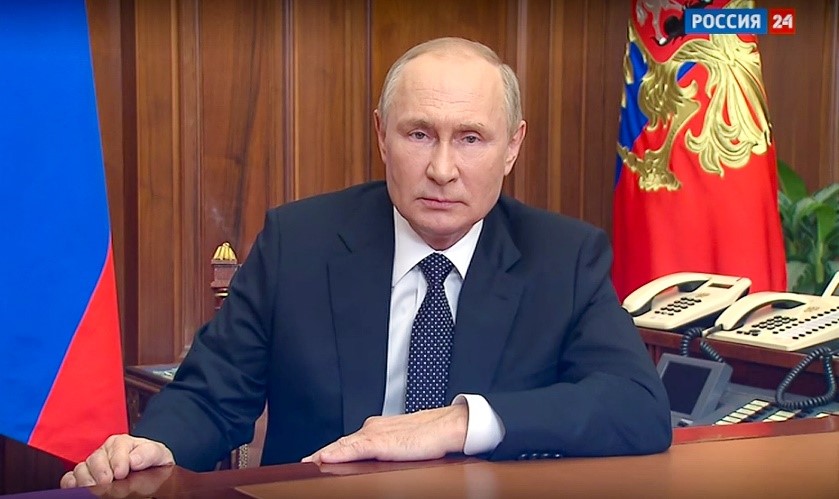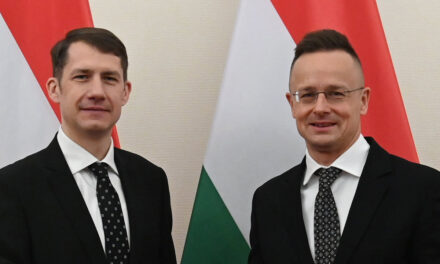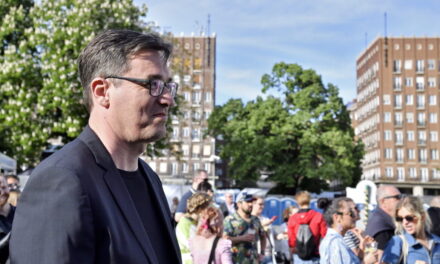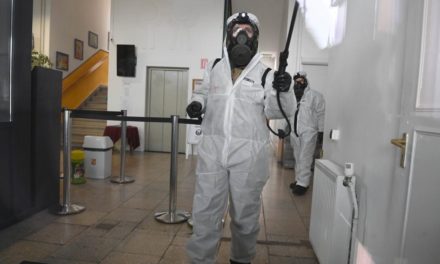It seems that the Turkish president managed to convince his Russian counterpart, but Moscow also has conditions.
Recep Tayyip Erdogan met Vladimir Putin in Sochi, Russia, on Monday to convince him to return to a grain export deal with Ukraine that could ease the global food crisis.
In July, a year after it was brokered by the UN and Turkey, Russia withdrew from the grain agreement with Ukraine, because they said that their own food and fertilizer exports had encountered obstacles, and they also complained that Ukrainian shipments were not reaching countries in need.
At the meeting, Putin told Erdogan that Moscow is ready to reopen the grain corridor, but Russia's conditions must be met.
The Turkish president previously played a significant role in convincing his Russian counterpart to sign and maintain the agreement, and since the outbreak of the war in Ukraine, Erdogan has played a prominent role in mediating between the parties.
"Everyone is confident that we can restart the grain agreement at today's meeting. This would be an important step for the whole world, especially for African countries, but the requests of the Russian people must also be respected, President Erdogan said. Putin said Russia could return to the deal if the West fulfilled a separate memorandum agreed at the same time with the United Nations that would facilitate Russian food and fertilizer exports.
Although Russian food and fertilizer exports are not subject to Western sanctions imposed after Russia's invasion of Ukraine, Moscow says restrictions on payments, logistics and insurance have hampered shipments.
In addition, they also want to reopen their ammonia pipelines passing through Ukraine, and they also want to connect Rosselkhozbank back to the SWIFT payment system, from which all Russian banks were banned with one or two exports shortly after the invasion.
Russia and Ukraine are two of the world's most important agricultural producers, and are also significant players in the markets for wheat, barley, corn, rapeseed, rapeseed oil, sunflower seeds and sunflower oil. The war between the two countries, which lasted more than a year, caused a serious loss in the international food markets.












